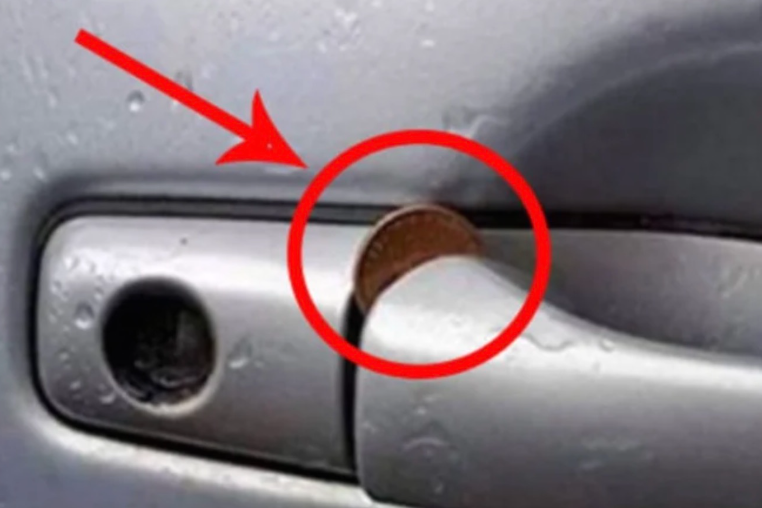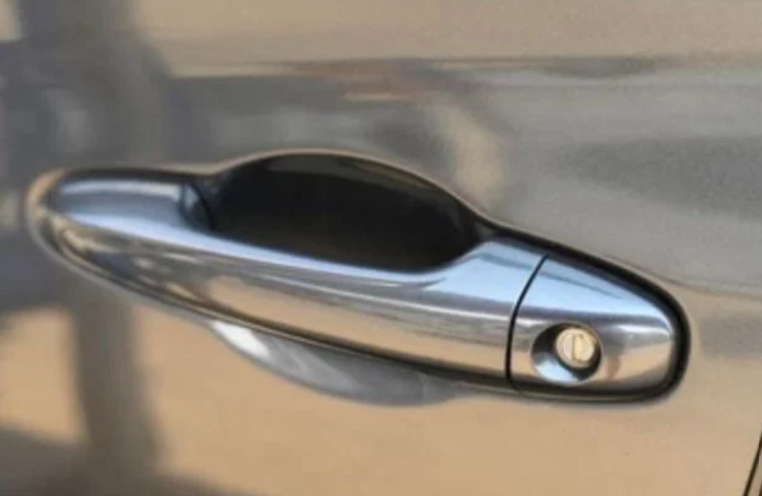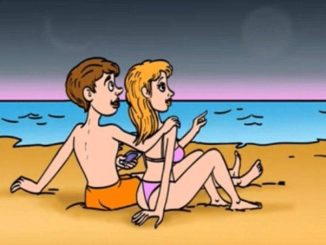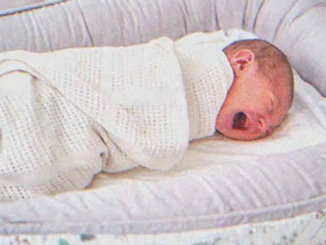
An orphan colt whose mother died shortly after giving birth has a new mom – a mare that had tragically lost her foal – thanks to the generosity of strangers and Washington State University veterinarians playing matchmaker.
Pairing an orphan foal and a nursing mare is a challenging task and one that commonly ends with failure. In this case, the connection was instantaneous.
“The mare had only been without a foal for about 24 hours,” Dr. Lisbeth Matthews, an equine medicine and surgery intern, said. “We walked her into the Veterinary Teaching Hospital and past him. He made a noise, and she went, ‘oh, there’s my foal,’ and started making noises back at him.”
It was a surprise to everyone how quickly the mare, named Shelly but affectionally called Mama by her owners, Roy and Faye Lions, accepted the colt. Equine veterinarian Jenifer Gold, who was helping to care for the foal and to supervise its introduction to the mare, said nursing mares frequently reject orphan foals, and when they don’t, the pairing process often takes days.
“She walked in and started nickering at him like it was her own baby – it was unbelievable,” Gold said. “I’ve been doing this for 20 years, and I have never seen it happen that way.”
The foal, which has been named Laredo, was admitted to the teaching hospital by his owner, Spokane resident Rachel Williams, just days after he was born when he started showing troubling digestive issues. Shortly after the colt arrived in Pullman, Faye Lions placed a call to WSU to see if the equine team was aware of any orphan colts needing a nursing mare.
“Our foal was dead, and nothing was going to bring it back, so we were hoping we could help someone else,” Faye Lions said. “It just so happened there was a foal there.”
A day later, the colt and Shelly were introduced.
“For them to be so willing to basically hand over their animal to a complete stranger after experiencing their own tragedy was pretty phenomenal,” Williams said. “I feel like in this scenario it was the worst of the worst for everybody, but there was a little bit of silver lining to the story.”
Williams is also grateful for the care and treatment she and her foal received at WSU.
“I just can’t even find words to say how great the veterinarians at WSU were,” she said. “They went above and beyond. I am just happy I ended up at WSU. I am so glad we were able to match those two up – it is kind of a miracle.”
Shelly will live with Williams until the colt is ready to be weaned, likely in six months, before she will return to her home in Kamiah, Idaho.
“It will be tough to say goodbye because you just naturally start to bond with animals, and she has kind of been my lifesaver,” Williams said. “It will be bittersweet for sure, but I am sure her owners will be happy to have her back.”
During the spring, the equine team at WSU typically sees at least a handful of orphan foals. Equine medicine specialist Dr. Macarena Sanz said orphan foals can be fed a powdered milk formula designed for horses, but those raised by humans typically develop behavioral issues that can become problematic as the animal matures.
“They turn out to be socially weird, have no understanding of personal space, and they are more difficult to train,” WSU equine veterinarian Macarena Sanz said. “The fact that this orphan foal has a mare is really going to make a difference.”
Sanz strongly encourages owners to immediately call their veterinarian if a foal is orphaned, as early care is critical to the animal’s survival.
If you see a coin stuck in your car door handle, you’d better call the police
Ever stumbled upon a penny wedged into your car door handle? That peculiar sensation sparks a cascade of questions: Is it a random quirk of fate or a sign with hidden significance? Well, buckle up because we’re about to unveil a cunning countermeasure against those pesky car prowlers. Get ready to fortify your vehicle against the unexpected!

Crafty car thieves deploy a simple yet effective tactic: slipping small coins into door handles, often targeting the passenger’s side. But why the passenger side, you ask? Well, ponder this: have you ever wondered about that seemingly innocuous door button on the passenger’s side? Here’s the twist, when attempting to lock your car using the central locking system, your key suddenly refuses to cooperate. Why, you inquire? That seemingly harmless penny has metamorphosed into a formidable obstacle lodged within the passenger door, rendering your attempts to secure your vehicle futile.
Now, let’s inject a dash of intrigue into the equation. These car pilferers aren’t mere opportunists; they harbor darker intentions. Picture this: the thief lurking nearby, concealed within the shadows, eagerly awaiting your moment of frustration or distraction as you grapple with your uncooperative key. But fear not, for we’re here to arm you with some invaluable DIY techniques to thwart these would-be car thieves:

Covert inspection: Assume the role of a clandestine agent and scrutinize the passenger door handle. If your key fails to yield results, investigate for any foreign objects, like that devious penny, that may be obstructing the mechanism.
Heightened vigilance: Sharpen your DIY prowess and remain vigilant of your surroundings. Trust your instincts; if something feels amiss, seek assistance or alert a bystander. Strength lies in solidarity, especially when safeguarding your vehicle.
Patience is key: Resist the urge to hastily return to your car if the door remains steadfastly sealed. Instead, seek refuge in a well-lit area teeming with bystanders and solicit aid. Opportunistic thieves thrive on moments of distraction or vulnerability.
Enlist law enforcement: Should you detect signs of tampering or suspect foul play, promptly enlist the aid of law enforcement. They possess the expertise to navigate such situations and ensure your safety.
Bolster your defenses: Enhance your vehicle’s security by implementing DIY anti-theft measures. Theft-deterrent systems and robust steering wheel locks serve as deterrents, dissuading potential thieves and safeguarding your prized possession.
Armed with these savvy strategies, you’re well-equipped to outsmart even the most cunning of car thieves. So, fortify your ride, stay vigilant, and thwart their nefarious schemes at every turn!



Leave a Reply